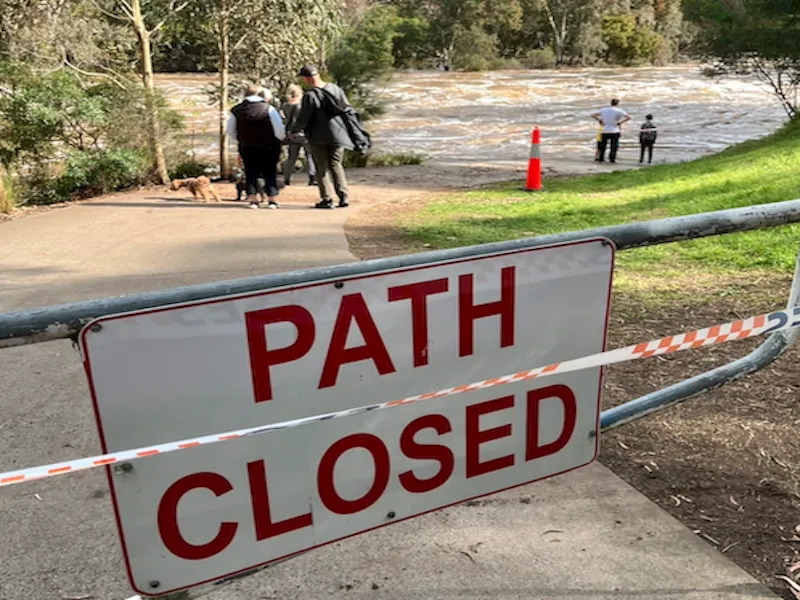A final warning, not the final word

This week’s Intergovernmental Panel on Climate Change (IPCC) announcement concludes the IPCC’s Sixth Assessment Report series. It provides a final warning for action on climate change, but it won’t be the last word on climate change action.
On releasing the report that kicked off the series of Sixth Assessment Report tomes in 2021, science communication colleagues and I commented in The Conversation that communicating climate change has never been so important.
The IPCC assessments have become progressively more concerning and alarming.
In 1990, the IPCC simply noted that global warming ‘could be largely due to natural variability’.
In 1996, the IPCC went further, concluding that ‘the balance of evidence suggests a discernible human influence on global climate’.
By 2001, the evidence had become clear, with the IPCC concluding that ‘most of the observed warming over the last 50 years is likely to have been due to the increase in greenhouse gas concentrations’.
This evidence became clearer still by 2007 when the IPCC warned that ‘most of the observed increase in globally averaged temperatures since the mid-20th century is very likely due to the observed increase in anthropogenic greenhouse gas concentrations’.
In 2013, the IPCC delivered this grim warning. ‘Warming of the climate system is unequivocal, and since the 1950s many of the observed changes are unprecedented over decades to millennia. Human influence on the climate system is clear.’
This week, the IPCC has effectively shouted from the rooftops: human influence has warmed the atmosphere, ocean and land. More than a century of burning fossil fuels as well as unsustainable energy and land use have led to global warming of 1.1°C.
In our 2021 Conversation article, we said that the science assessment focussed mainly on the alarming extent of global warming. Media coverage at the time also emphasised the importance of immediate action and sources of hope.
The message of hope continues in today’s synthesis report. As the Australian National University’s Frank Jotzo and Mark Howden note, the report says the world is in deep trouble on climate change, but if we put our shoulders to the wheel, we can turn things around.
The next IPCC report series, the seventh assessment report, is due in 2030. We don’t know what it will say, but we do know we can’t wait until then for action.
Author:
Date Posted:
March 22, 2023
